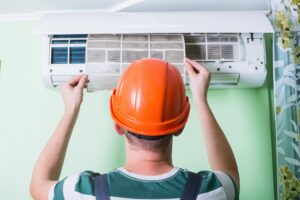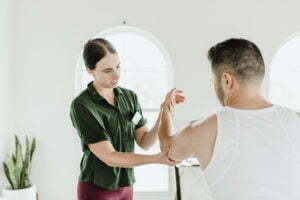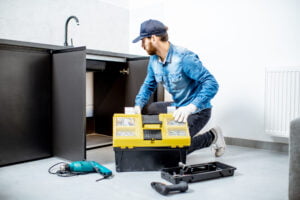Aging is something that no one really looks forward to but also something that you can’t avoid. As you age, your body systems can start to break down, and you may need extra assistance. Older adults can require added geriatric care, more medications, and constant check-ins on their health. It is a specialty to look after and care for geriatric patients and requires nurses to stay on top of certain warning signs and concerns.
Of course, the hope is for everyone to live a long and happy life with minimal health problems. But to make that a reality, you have to be ready to step in with an intervention to prevent serious issues from having negative long-term effects. Staying alert and aware of your top geriatric concerns is the number one priority. Here are just a few of the things to look for when caring for a geriatric patient.
Securing a Compassionate Team
Working with seniors takes such a specific caregiver with a heart of gold and a lot of patience. You may be dealing with anything from dementia to chronic illness to a loss of motor functions. This isn’t a job for just any nurse practitioner. It would help if you had a specific geriatric nurse with a specialty in caring for older people. If you have the compassion to pursue this field, consider getting an associate degree as a geriatric nurse practitioner so you can take care of older adults in long-term care and help improve their overall quality of life. With the right nurse, the aging population is sure to be in the best hands possible.
Hearing Health
Once you secure a great gerontology nurse, you can move on to geriatric patients’ health concerns. One of these is a concern for older adult’s hearing health. It is common for elderly patients to experience hearing loss or tinnitus in their old age. Hearing Health USA is a company that strives to help all individuals, including older patients, with their hearing journey. Through engagement, education, and empowerment, these health care providers and audiologists can help older people take back their hearing and develop the right care plan for them and their family members. Just because you need a hearing aid or hearing assistance doesn’t mean you can’t enjoy your later years in life. You want to get on top of the problem right away, so it doesn’t progress.
Memory
As you age, it is natural that your memory starts to fade a little. However, memory loss can indicate more serious issues for older adults like dementia or Alzheimers. While these diseases are a cause for concern, there is also a chance memory loss is an indicator of more minor, treatable issues. It could simply be a side effect of another medication or just the effects of aging. This is a concern to try and take care of though to avoid frustration for caregivers or elderly patients.
Slips and Falls
Babies fall and get right back up all the time, but as you age, that gets harder and harder. For the elderly, slips and falls become especially concerning. First, a fall can limit your daily activity and have an effect on other systems in your body. Plus, any serious falls can cause life-threatening injuries like broken hips or a need for surgery. This is a more dangerous procedure at an older age that you don’t want to risk.
Loneliness
It’s obvious to focus on the health of the body for elderly patients, but you need to consider mental health stresses. It’s easy to feel lonely and depressed as you age. Caregivers can provide companionship and monitor their patient’s mental health to see if medication, therapy, or other means may help bring older adults to a happier, healthier state of mind.























